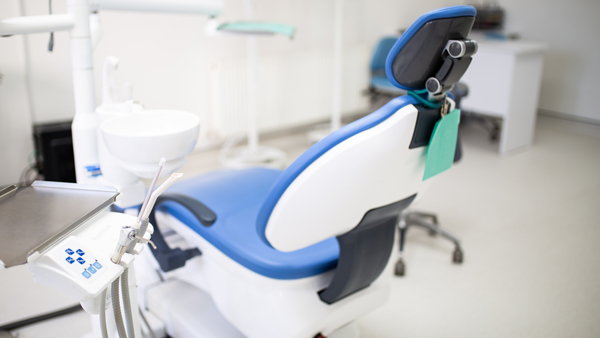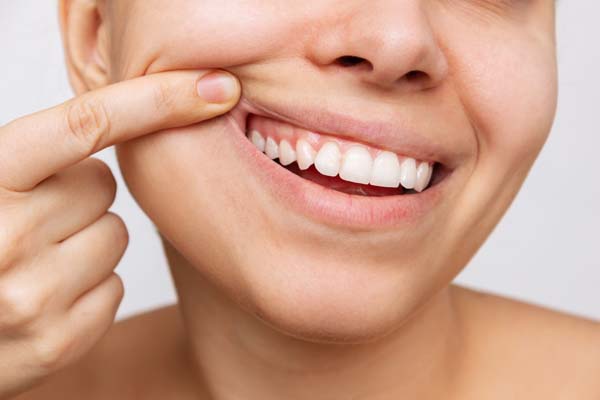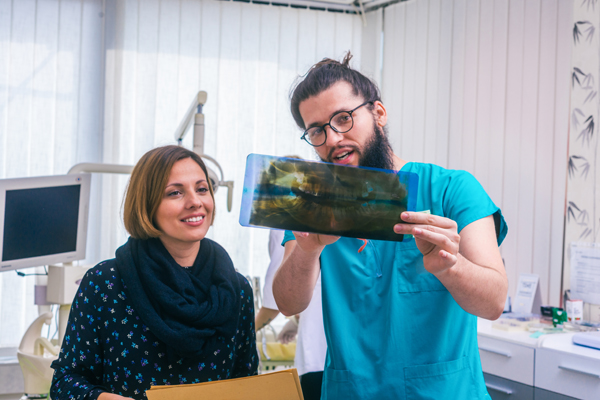Aftercare Tips for Wisdom Tooth Oral Surgery from a Family Dentist

Are you considering removing your wisdom teeth? Read on to learn about this common oral surgery procedure. Wisdom tooth extraction is an oral surgery often required when the wisdom teeth on the jaw are causing discomfort or posing a risk of harming the surrounding teeth. The procedure is performed on an outpatient basis, and the dentist will provide instructions on what the patient should do after the operation to prevent needless discomfort and complications.
Aftercare tips following oral surgery for wisdom tooth removal
Following the extraction of wisdom teeth, the following suggestions should aid in the healing process:
Dealing with swelling and bleeding
After wisdom tooth oral surgery, patients can expect some swelling afterward. Applying cold packs over the mouth intermittently for up to two days may help to minimize this. If an infection existed before the extraction, the dentist might suggest using a warm compress instead of an ice pack.
After the operation, there will be some bleeding. Therefore, the dentist will suggest patients put a gauze pad over the extraction point for at least 30 minutes following the procedure. In case of severe bleeding, the dentist may ask the patient to bite down on a gauze pad for 30 minutes before taking it off.
Diet recommendations
After the bleeding has ceased, the dentist will recommend rehydrating with lukewarm water. The patient will be restricted to soft foods such as oatmeal, mashed potatoes, eggs, and pudding for the first few days before transitioning to a regular diet.
Oral care is important
For the first several hours following a wisdom tooth extraction, foods and drinks should be restricted. To prevent the blood clot from dislodging, the patient should avoid washing their mouth forcefully or drinking via a straw. After the oral surgery, patients are allowed to clean their teeth at night, but they must avoid the tooth socket and rinse their mouth carefully as to not displace the blood clot. Patients must refrain from smoking during recovery, especially when bleeding has not stopped, to avoid infection.
Dealing with pain
There may be some discomfort after the operation, although it will vary in severity for most individuals. To minimize the discomfort, the dentist will recommend pain medications to be used as prescribed. Since the medicine is likely to make the patient tired, it is recommended that they remain at home and refrain from using heavy equipment or driving while on the medication. After surgery, patients should abstain from consuming alcohol.
The worst part of the pain typically lasts for up to 48 hours following surgery, then gradually fades until it stops completely. If the discomfort does not go away, the patient should see a dentist right away.
Dealing with nausea
After the operation, patients may experience nausea or vomiting, but there is no reason to worry as these are common side effects of anesthesia and pain medication. Patients should not eat or drink anything for about an hour following surgery to prevent vomiting.
In conclusion
The discomfort produced by wisdom teeth that did not erupt correctly may be relieved by wisdom tooth extraction. The suggestions outlined above should help with the recovery process after the oral surgery and prevent complications.
Request an appointment here: https://www.southlakedentalcare.com or call SouthLake Dental Care at (904) 512-3054 for an appointment in our Middleburg office.
Check out what others are saying about our dental services on Yelp: Oral Surgery in Middleburg, FL.
Recent Posts
Oral surgery involves incisions, excisions and sutures to the structures of the mouth, some of them in or around the teeth. Some oral surgeries are as common as wisdom tooth extraction. Others are as complex as cleft palate repair.The number and variety of dental surgical procedures point to specialization. For example, periodontists are the go-to…
There are benefits to choosing an experienced implant dentist over one who is relatively new in the profession. Dental implants require a more complex process that involves several steps, and choosing the right implant dentist may help make the process more convenient, less invasive, and safer.It is helpful to learn more about dental implants, how…
Implant dentistry procedures have the highest rate of success among all the options available for replacing missing teeth. The process of replacing a single missing tooth is straightforward and involves using an implant as artificial tooth roots and supporting it with a dental crown. Continue reading to learn how the process works.Regardless of the number…
Looking for an implant dentist? Implant dentists help patients with one or more missing teeth. An experienced implant dentist ensures the implant process is safe and effective for all patients, communicating with the patient about what to expect each step of the way. Discussing treatment with the dentist during a consultation can help you feel…


